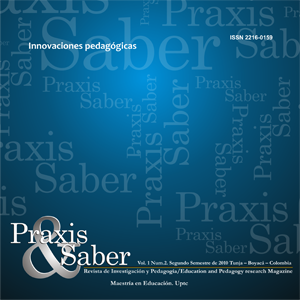Critical education, speaking the truth, and acting back

Abstract
Professor Apple describes his past experiences in South Korea, in order to highlight the
importance and risks of being a critical educator. He also points out that if the theory and
practice of critical education are simply understood as a specialized academic area, widely used
for purposes of conversion in order to gain mobility in the social field of the academic power
(Bordieu, 1984), they lose their value and power. On the contrary, their power and potential are
magnified when they are intimately connected with the social movements and struggles that
give life to them.
Keywords
Education, critical education, power-knowledge.
References
- Apple, M. W. (1979/2004). Ideology and curriculum [Ideología y currículo]. New York: Routledge.
- Apple, M. W. (1982/1995). Education and power [Educación y poder]. New York: Routledge.
- Apple, M. W. (2000). Official knowledge [El conocimiento oficial], 2nd edition. New York:Routledge.
- Apple, M. W. (2006). Educating the “right” way: Markets, standards, God, and inequality [Educación “por la derecha”: mercados, estándares, Dios y desigualdad], 2nd edition.New York: Routledge.
- Apple, M. W. (Ed.) (2010). Global crises, social justice, and education [Crisis globales, justicia social y educación]. New York: Routledge.
- Apple, M. W. ; Au, W. & Gandin, L. A. (Eds.) (2009). The Routledge international handbook ofcritical education [Compendio internacional Routledge de educación crítica]. New York:Routledge.Bourdieu, P. (1984). Homo academicus. Stanford: Stanford University Press.